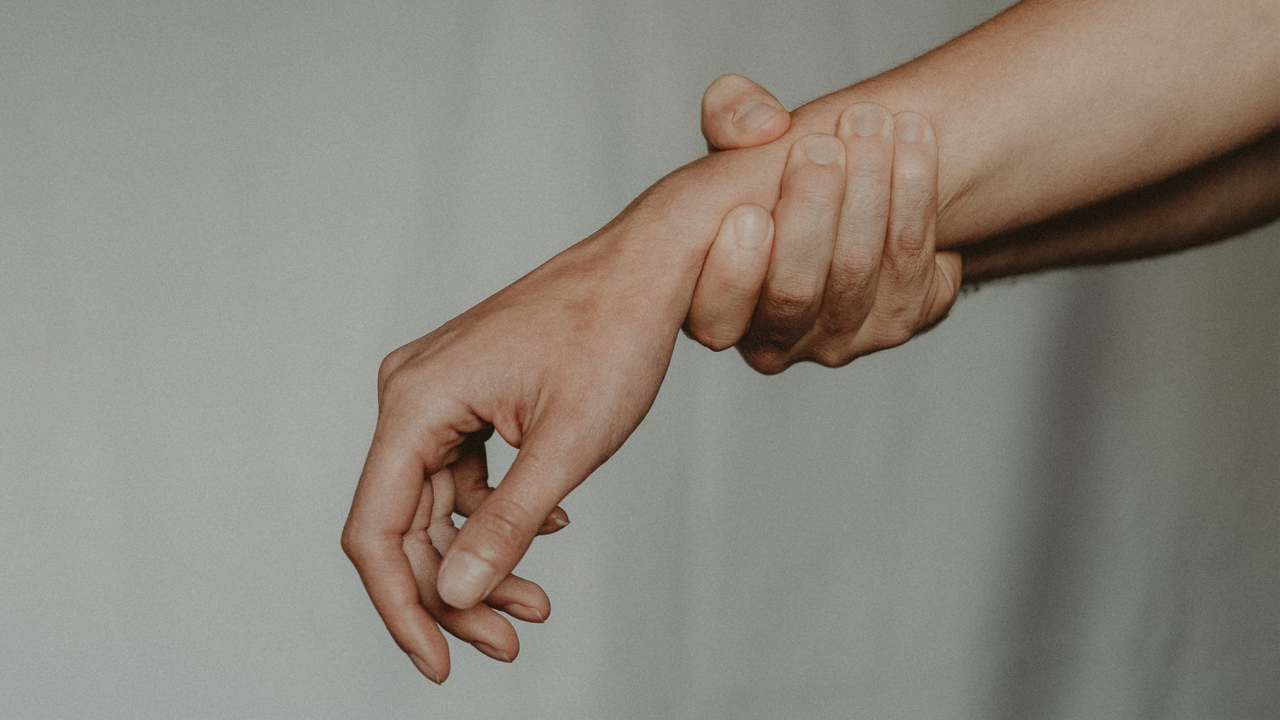Hands Often Pain? Beware Pinched Nerves!!!!

Pinched Nerves or HNP (Hernia Nucleus Pulposus) is a condition in which the soft, gelatinous cushions between the vertebrae protrude, compressing the surrounding nerves. Generally, HNP occurs in the lower back, neck and hands.
Do you often experience pain or tingling around your hands? How often do you do work with your hands in the same position and rarely change? If you often experience tingling, there may be a pinched nerve around your wrist. Let's find out more about this condition.
Understanding Carpal Tunnel Syndrome (CTS)
The nerves around the wrist can also be pinched. This condition is called Carpal Tunnel Syndrome (CTS) or carpal tunnel syndrome. CTS occurs when fingers and wrists feel tingling or tingling. This can be caused by excessive hand use, such as rubbing, washing clothes, typing on a computer, using a mouse computer or writing.
Pregnancy and other accompanying diseases such as hypothyroidism, diabetes mellitus, and rheumatoid arthritis can also trigger CTS. The incidence of CTS itself is more common in women compared to men with an average age of 30 years. parent.
Symptoms of Pinched Nerves
The most common symptom of a pinched nerve or HNP is pain. Mild cases of HNP often have no symptoms, but severe pain can also occur. A pinched nerve or HNP most commonly occurs in the lower back, neck and hands . Symptoms of a pinched nerve:
Pain
If HNP occurs in the lower back, symptoms of back pain will appear that can radiate to the buttocks to the thighs, calves, and feet. If HNP occurs in the neck, the symptoms are pain in the neck that radiates to the shoulder or arm. Pain is usually increases when you cough, sneeze, or change position.
Tingling
Patients with HNP usually complain of tingling in the affected body part.
Weakness
The muscles in the pinched nerve will usually weaken. As a result, patients with HNP will find it increasingly difficult to lift weights or even grip.
Causes of Pinched Nerves
• Age factors, increasing age, verterba discs (connectors between bones) become inflexible and easy to tear
• Genetic factors
• Injury to the spine
• Frequent activities that put a strain on the spine, such as lifting very heavy weights
• Weight loss excessive, this causes the spinal load to increase
How to Prevent Pinched Nerves
Sitting and Standing Upright
By sitting and standing straight, you have done the right and good posture. When you do good posture, the spine will have a good and perfect shape too.
If you have to sit for a long time, change positions occasionally, stretch, or get up and walk for a while. And if you stand for too long, rest one leg at a time to relieve pressure on your back.
Squat before lifting heavy weights
Be careful before you lift heavy weights. Generally people will bend down when they want to lift things, that's precisely what will put pressure on your back.
Squat down and straighten your back before lifting heavy objects. Don't push yourself if the things you are lifting are too heavy.
Take care of your weight
People who are overweight or obese are prone to joint pain and then a pinched nerve in the back due to excess weight pressure. Maintain your ideal body weight by exercising, such as swimming, yoga and eating nutritious and healthy foods.
If you have a pinched nerve, here's how to fix it:
1. Adjust your posture
2. Stand between work hours
3. Get enough rest
4. Doing stretches
5. Compress with a heating pad
6. Use ice cubes to compress
7. Lift both legs
8 Lifestyle changes
9. Take pain relievers whose ingredients are harmless.
I hope the review is helpful enough! May we always be given healthy blessings!
